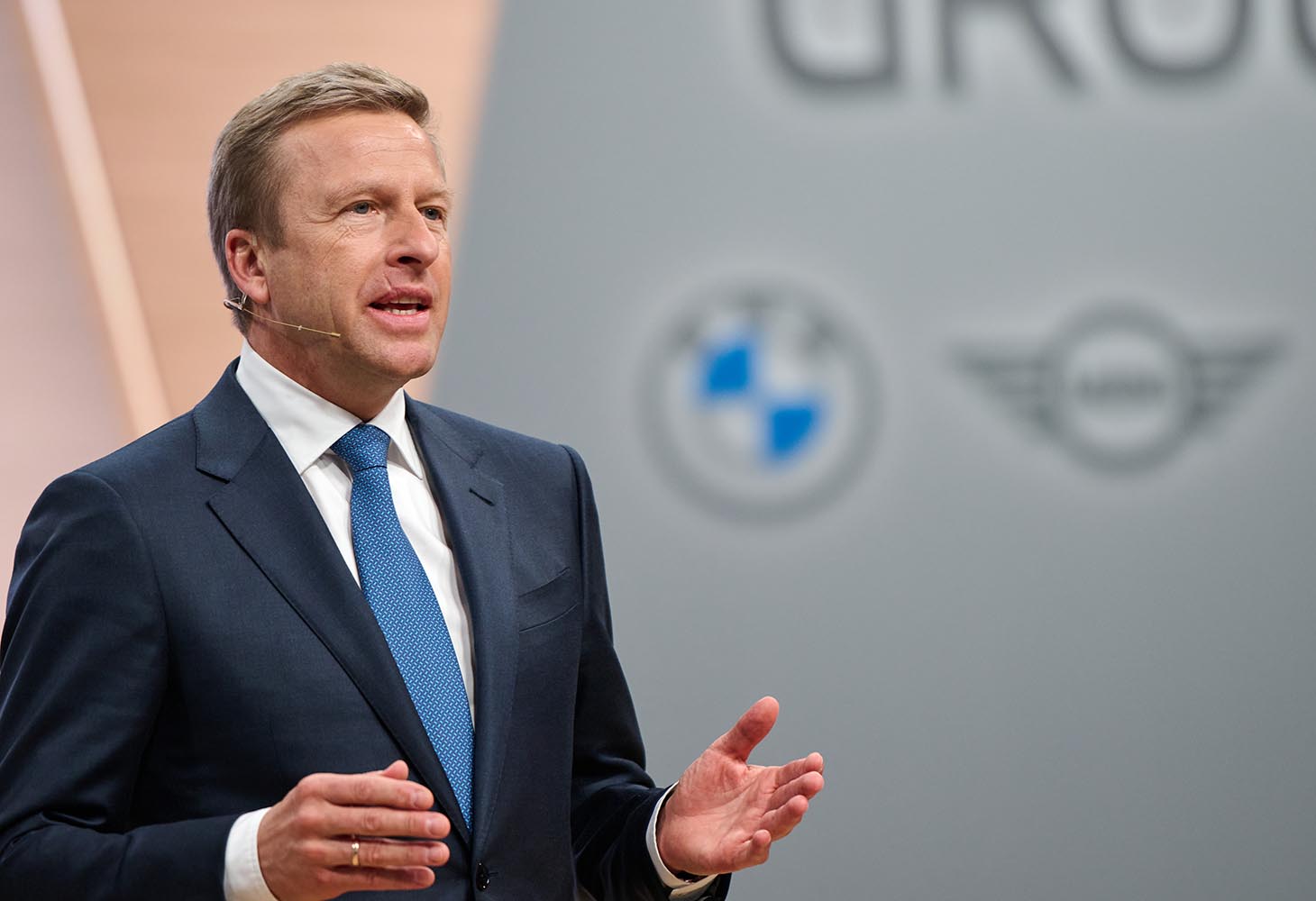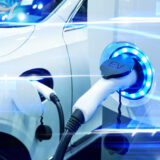
BMW CEO questions Europe’s electric vehicle strategy
BMW’s CEO, Oliver Zipse, has expressed concerns over Europe’s rapid transition away from combustion engines. Speaking ahead of the IAA auto show in Munich, Germany, Zipse criticised Germany’s industrial policy, labeling the political mandate to phase out combustion engines as “reckless.” IAA Mobility 2023 opens on September 5 at the Munich Exhibition Center.
Zipse’s primary concern revolves around the lack of a comprehensive infrastructure for electric vehicles (EVs) by 2035. He also highlighted the scarcity of essential raw materials like lithium, cobalt, and rare earth elements required for the large-scale production of electric cars. “Externally, Europe becomes politically vulnerable as we are dependent on these raw material supplies,” he said.
In a recent interview with Handelsblatt, a leading German-language business newspaper, Zipse emphasised that only internal combustion engines or hydrogen fuel cells allow Germany and Europe to produce cars “almost self-sufficiently.” He pointed out that battery-driven vehicles are heavily reliant on international supply chains, leaving Europe susceptible to potential blackmail from resource suppliers. Zipse lamented the absence of a simultaneous entry-strategy for alternative engines. “The production of e-cars can only be scaled up if access to raw materials is secured. Europe has a structural problem in this regard due to the low acceptance of new domestic mining projects.”
Interestingly, while combustion engines can be produced with materials readily available in Europe, the fossil fuels required for these engines are predominantly imported from countries outside the European Union (EU), such as Russia, Saudi Arabia, and Nigeria. In 2021, approximately 98% of Germany’s primary mineral oil consumption had to be imported, as reported by the Federal Institute for Geosciences and Natural Resources (BGR). Both the EU and the German government have been working on strategies to enhance access to raw materials essential for electric mobility. This includes forging deals with new suppliers, considering state-managed stockpiling, and enhancing recycling mechanisms to reclaim valuable materials used in industrial products.
At the upcoming IAA motor show, BMW plans to provide a glimpse into the electric models of the “new class” set to launch by 2025. Zipse promises these vehicles will offer 30% more range and 30% faster charging capabilities.














